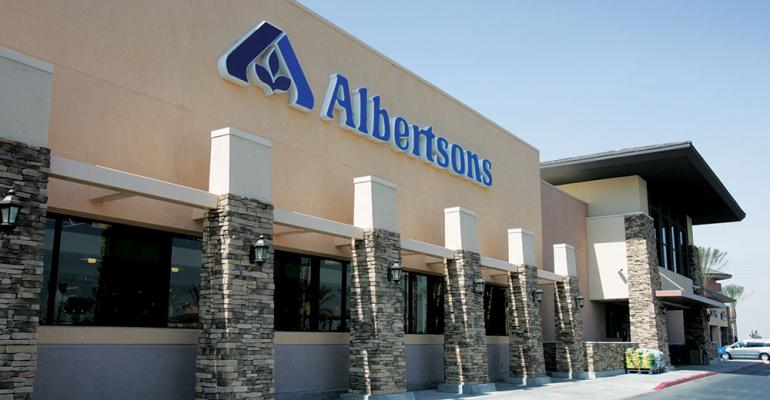
Tom Woodard
Director, GRS | Corteq
(561) 325-9857
[email protected]
The country’s two largest traditional grocery chains seem to have different strategies, with one removing an ancillary business and another beefing one up.
Albertsons recently announced it is purchasing just over 2,500 Rite Aid drugstores, adding to its portfolio of 2,300 supermarkets. Meanwhile, just earlier this month, Kroger decided to sell its convenience-store business to a U.K.-based firm for $2.2 billion.
The moves seem a bit contradictory; Albertsons, which operates chains under its namesake, Jewel-Osco, Safeway, Shaw’s and others, is growing its pharmacy presence (it already offers those services in about 1,700 of its supermarkets) and is broadening from simply groceries, while Kroger is getting rid of revenue-generating convenience stores to focus on groceries.
One thing is consistent though, they’re both reactions to a retail sector that is increasingly unpredictable, from Amazon’s purchase of Whole Foods, to the rapid expansion of Europe-based discounters such as Lidl and Aldi.
In the case of Albertsons, if given regulatory approval, it would operate just over 4,300 locations with pharmacy services after the transaction, and gain a foothold in the stand-alone drugstore business. By contrast, CVS, which is purchasing insurer Aetna, has 9,800 locations. Walgreens, which earlier inked a deal to acquire 1,900 Rite Aids for $4.4 billion, has about 13,200 units. So, though formidable, it would still lag behind these traditional pharmacy retailers quite a bit.
However, it could take advantage of the stand-alone Rite Aids to complement its grocery business. More consumers are looking to quicker alternatives to shopping at supermarkets, and several drug stores have increased their food products over the years. If Albertsons can find a way to one-up competitors with better, more varied food selections, then it could better compete with expanding discount competitors and maybe get a leg up on other drugstore chains.
On another, unrelated commercial real estate note, the deal, at least initially, is reportedly good news for shopping-center owner Kimco Realty. The REIT has a 9.7-percent ownership stake in Albertsons, with an estimated value near $700 million. However, Albertsons, which is owned by private-equity group Cerberus Capital Management, will increase in value to $24 billion if the Rite Aid purchase goes through. Additionally, it is expected that the combined entity will go public, as Cerberus had planned prior to the Amazon-Whole Foods deal.
So, not only could shopping-center owners benefit from improved Rite Aid stores in their properties, one of the largest REITs could get a needed shot of capital as a result of the acquisition.
About GRS Group:
GRS Group is a leading provider of commercial real estate (“CRE”) services worldwide. With offices across the United States, Europe, and affiliates around the globe, GRS Group provides local market knowledge with a global perspective for institutional real estate investors, occupiers and lenders worldwide. The GRS Group team has evaluated and advised on over $1 trillion in CRE transactions.
Through the company’s proprietary management process, Global Services Connection, GRS Group delivers an integrated suite of services including Financial Advisory, Transaction Management, Assessment and Title Insurance. We provide a single point of contact, capable of leveraging the GRS Group portfolio of companies and delivering customized solutions to assist our clients in achieving their investment goals.

